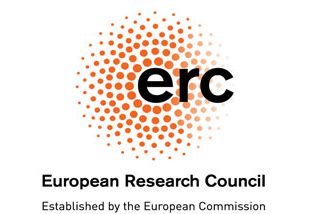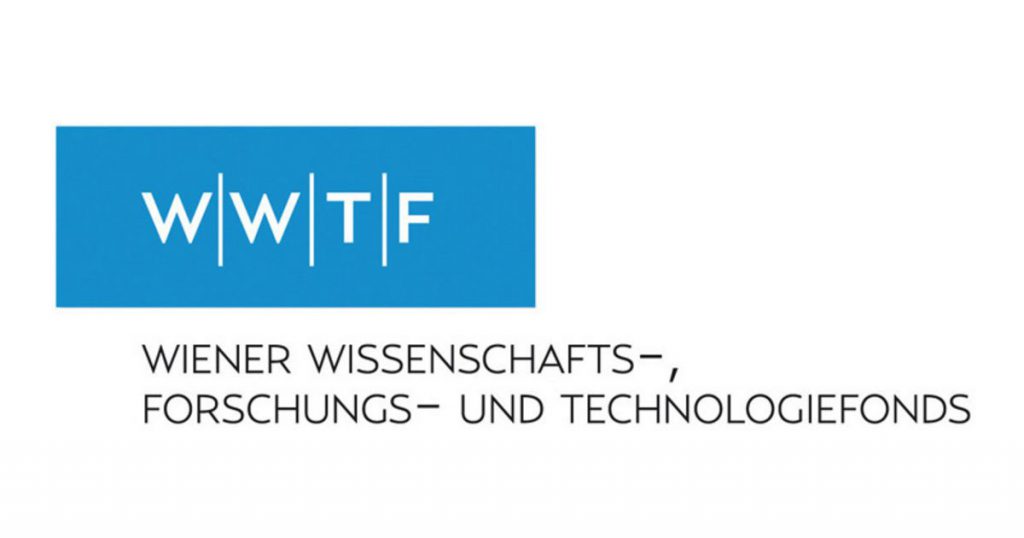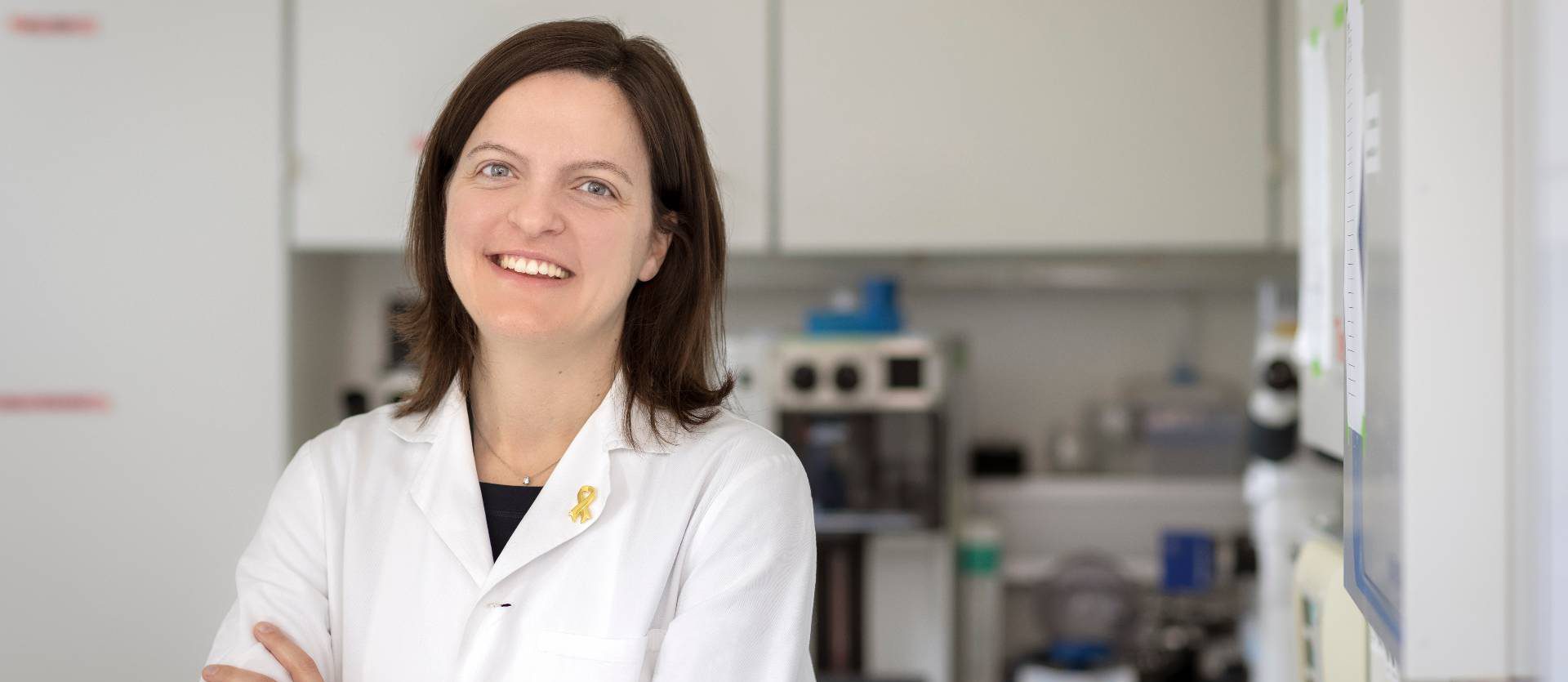Background
Pediatric sarcomas: an unmet medical need
Sarcomas are a heterogeneous group of mesenchymal cancers that develop in the bones and soft tissues. More than 100 histological subtypes have been described, and many more are being discovered based on molecular profiling. Sarcomas are relatively rare, comprising close to 2% of human malignancies. They disproportionately affect young patients, accounting for approximately 20% of childhood cancers, which makes sarcomas the most common non-hematopoietic, non-CNS tumors in children and young adults.
Pediatric sarcomas are among the childhood cancers with lowest overall survival. There is a strong unmet need for new therapies of pediatric sarcoma, in order to increase patient survival, reduce the side effects of therapy and minimize long-term damage in cancer survivors.
Oncogenic fusion proteins are pathognomic for many pediatric sarcomas
Recurrent chromosomal translocations that result in fusion proteins are well-established oncogenic drivers. Cancers carrying fusion genes typically exhibit few other somatic mutations, supporting that fusion proteins are potent oncogenes. This is the case for many sarcomas. Importantly, and in contrast to most other genetic aberrations, fusion genes tend to be highly cancer-specific and are pathognomic for (i.e., define) the malignancy in which they occur. The fact that many fusion driven cancers occur in children and young adults further supports the notion that factors related to developmental timing may be associated with fusion-gene driven oncogenesis.
Our Research
Recent research – Novel concepts in Ewing sarcoma biology
We were among the first to investigate the epigenome of Ewing sarcoma (the second most common type of pediatric bone cancer driven by a single fusion oncogene), showing that this cancer is characterized by widespread reprogramming of gene regulatory elements (Tomazou EM et al., 2015). Moreover, we performed the first large-scale analysis of epigenetic heterogeneity in Ewing sarcoma tumors, revealing an unexpected association of the corresponding epigenetic signatures with metastatic status at diagnosis (Sheffield NC et al., 2017). In a proof-of-concept study exploiting the unique epigenetic signatures of pediatric tumors towards precision medicine, we have developed a minimally invasive assay for tumor detection and classification as well as for monitoring therapy induced toxicity (Peneder P et al., 2021).
Ongoing Work – Translating basic research into more precise therapies
Our approach towards precision medicine for fusion oncogene-driven pediatric sarcomas is based on a concept that goes beyond the genome. Using state-of-the-art technologies that combine wet-lab and computational methods, patient material (tumor tissues and liquid biopsies) as well as human pluripotent stem cell-based models we aim to:
- Identify, validate and target actionable enhancers to provide proof-of-concept for enhancer therapy
- Infer developmental stage(s) of cell of origin using the Ewing sarcoma disease spectrum defined by inter-patient heterogeneity at enhancer elements
- Elucidate non-genetic mechanisms of therapy resistance to reveal novel therapeutic strategies
- Develop and clinically validate minimally invasive biomarkers for disease monitoring during therapy
- Create faithful disease models to accelerate drug discovery and molecular precision medicine
Resources – Datasets
- Epigenome profiling in Ewing sarcoma cell lines (https://medical-epigenomics.org/papers/tomazou2015/)
- Genome wide DNA methylation profiling in 140 Ewing sarcoma tumors (https://www.medical-epigenomics.org/papers/sheffield2017/)
- Whole genome sequencing (10x coverage) data of cell free DNA from 126 patients with pediatric sarcomas (http://ews-liquid-biopsy.computational-epigenetics.org/)

Software LIQUORICE: Detection of epigenetic signatures in liquid biopsies based on whole-genome sequencing data (http://liquorice.computational-epigenetics.org)
Projects and Funding

- Developmentally programmed pediatric sarcomas: a versatile platform for drug discovery and molecular precision medicine
CCRI responsible Principal Investigator and Coordinator: Eleni Tomazou
Grant from the European Commission, European Research Council Consolidator Grant (ERC), ID – GAP101087883
Duration: 2023 to 2028

- Validation of a liquid biopsy based molecular diagnostic toolkit for pediatric sarcomas
CCRI responsible Principal Investigator and Coordinator: Eleni Tomazou
Grant from the Vienna Science and Technology Fund (WWTF), Life Sciences 2020, ID – LS20-045
Duration: 01/09/2021 to 31/08/2025

- Cracking the ribosome code of drug resistance in sarcomas
CCRI responsible Principal Investigator: Eleni Tomazou
Grant from the Austrian Science Fund (FWF), Thousand Ideas Project, ID – TAI 592
Duration: 01/01/2022 to 31/10/2023
- Interplay of fusion genes and cellular context in sarcoma
CCRI responsible Principal Investigator: Eleni Tomazou
Grant from the Austrian Science Fund (FWF), Stand-Alone Project, ID – P 34958
Duration: 01/10/2021 to 31/03/2025
Selected Articles
About Eleni Tomazou
Dr. Eleni Tomazou (PhD) has been a principal investigator at the St. Anna Children’s Cancer Research Institute (CCRI, Vienna, Austria) since January 2018. She studies the role of epigenetics and enhancer reprogramming in pediatric sarcomas, with the goal to establish epigenome-based precision medicine approaches. Prior to joining CCRI, she did her PhD at the Wellcome Sanger Institute (Cambridge, UK) and postdoctoral training at the Broad Institute and the Harvard Department for Stem Cell and Regenerative Biology (Cambridge, USA). She is a 2016 recipient of the Elise Richter Fellowship, a prestigious career development grant for female scientists offered by the Austrian Science Foundation (FWF). She has recently received an ERC consolidator grant (SARCOMAkids project; ERC-COG 2022).










